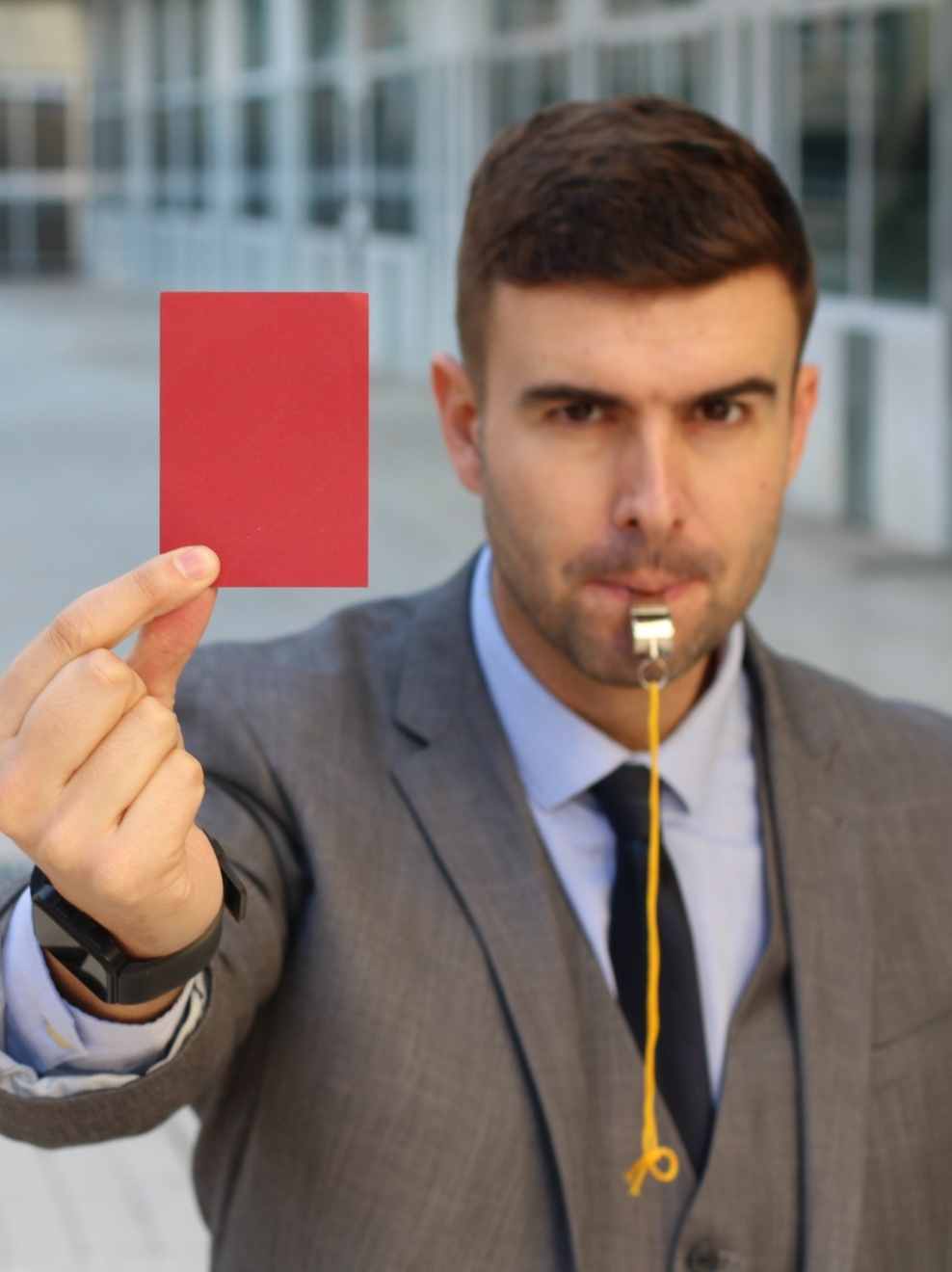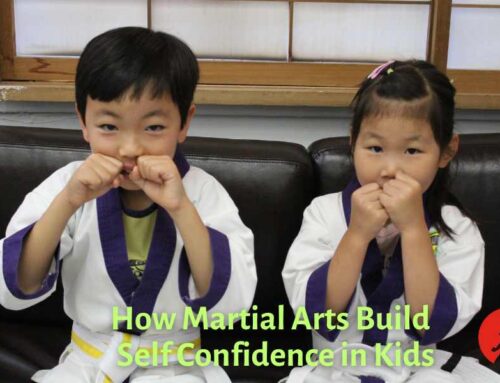
Dealing with concerning changes in your child’s behaviour starts with a proper understanding of the contrast between punishment and discipline.
Addressing and correcting improper behaviour when children make bad decisions requires an honest dicussion without preconceived notions. Parents, coaches, teachers, and other adults often define punishment and discipline as one and the same.
Children are prone to making bad choices as they grow and learn about their world. And even our awesome Karate kids are not immune to this 🙂
Punishment is a short-term solution for a long-term problem. Punishment can quickly shut down bad behaviour, but it increases the risk of negative and/or retroactive experiences that could create even more problems down the road.
On the other hand, discipline is a method that keeps long-term goals in mind.
By instilling discipline, we develop trust and confidence in our little ninjas by helping them work through their mistakes and creating a plan of action for the future.
How does punishment vs discipline compare in addressing a child’s behaviour?
The truth of the matter is that it often comes down to parenting styles when contrasting between punishment vs discipline.
Oftentimes, as the parent, it is your intent and approach to addressing said behaviour in a child that makes the difference; and not so much the method.
Being triggered or getting sucked into an emotional reaction to a situation might make you as the parent want to give a “befitting punishment” in response. In other words serving a quick consequence for their action or poor discision.
On the other hand, a rational response that not only serves as a consequence but also teaches a valuable lesson while demonstrating better choices for next time is the disciplined option.
A practical example of contrasting between Punishment and Discipline.
Consider this scenario:
One day while enjoying familiy time at the park, your child repeated ignores you cautioning them not to skateboard onto the road.
At some point they skate into traffic narrowly escaping a tragic accident. How do you do address this as the parent?
Would you (A): scold them and take away their skating previledges?
Or (B): scold them while pointing out the implications of their actions, and although not removing skating previledges entirely, restrict and set clear boundaries on where and how you expect them to skateboard going forward?
Of course with parenting it’s not always black and white but you get the picture.
Punishment or Discipline for the martial arts parent
We’ve been teaching kids martial arts for a long time and have found that parents sometimes hold their child back from testing or will simply take martial arts away as punishment.
We all know the goal of such a punishment, but it’s also important to weigh the negative side as well.
Martial arts classes are where children are surrounded by positive role models, placed in situations where they can make good decisions, and strive towards success.
Instead of barring troublesome children from classes, it might be better to communicate with their instructors to find a way to turn a negative into a positive.
Here is a three-step system developed by a child development expert, Melody Shuman, that you can implement at home.
You can even use it to follow through with your child’s teachers or martial arts instructors to better steer your little dragon in the right direction.
1. Connect with your child.
Emotionally connect with your child before anything else. Be sure that both you and your child are calm and in the correct state of mind to communicate.
2. Redirect.
Let your child know which choice they made was incorrect and why. Next, ask them to offer a better choice they could have made. If they’re quite young, offer some suggestions and have them repeat them back to you.
3. Repair.
This is where you work as a team to come up with ways to solve the problem or prevent the behaviour. Set ground rules so that both sides are clear on what the consequences will be if the rules are broken again.
The next time your young martial artist is out of bounds, try to work through these steps. We can help with Step 3 by coming up with ways your child can demonstrate the solution you’ve discussed as a family.
We can also help set them up for success by challenging them to follow through on this during their martial arts classes at Evoke.
About the author : admin

Achieve a leaner, stronger, and more alive body while developing amazing self protection skills.
Achieve a leaner, stronger, and more alive body while developing amazing self defense skills.
Training at Evoke has been a truly wonderful experience. As an adult engaging in martial arts for the first time, the environment has been ideal. All of the instructors have been motivating, knowledgeable, and supportive. The classes offer a great workout and a chance to feel a little bit badass. I look forward to continuing the journey!







